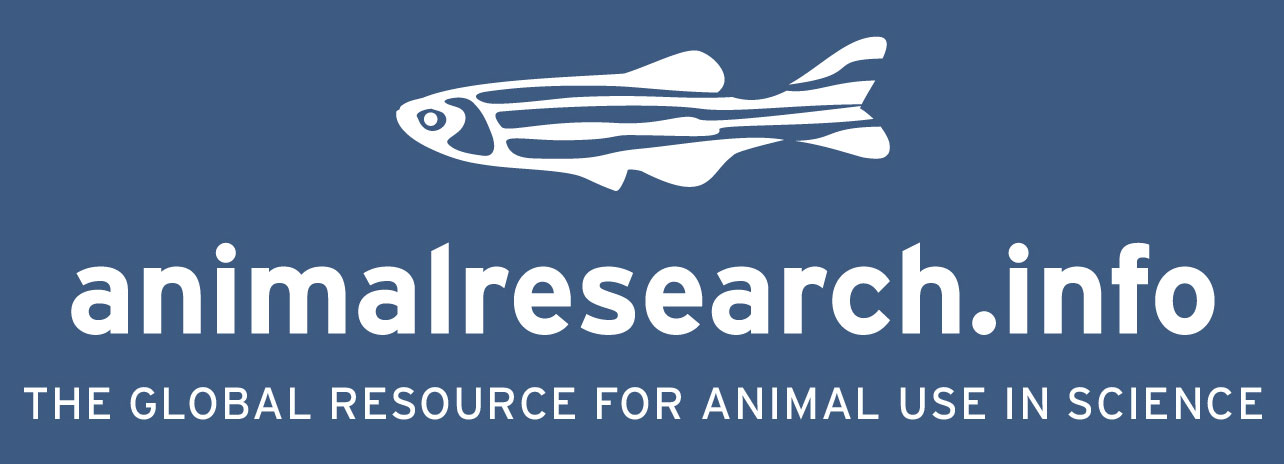A vaccine against HIV is on the horizon after scientists showed a new drug triggered a protective immune response in humans and stopped two thirds of monkeys becoming infected. In the 35 years since the HIV epidemic began, just four vaccines have been tested on humans, with the best only lowering infection rates by 31 per cent, leading to trials being discontinued. But an international team of scientists showed that the new vaccine boosted the immune systems of nearly 400 healthy adults. And when vaccinated rhesus monkeys were exposed to the disease six times, only one third became infected.
AIDS & HIV
AIDS or acquired immune deficiency syndrome is a disease spectrum of the human immune system caused by the infection of HIV, human immunodeficiency virus.For more information: /en/medical-advances/diseases-research/aids-hiv/
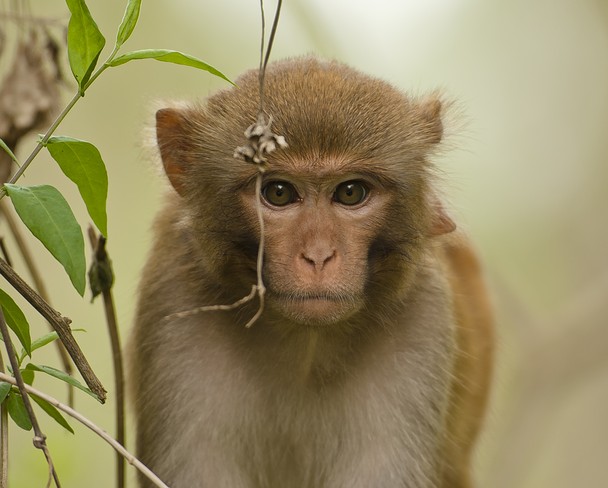
06/07/18 HIV vaccine on horizon as jab triggers immunity in humans and stops monkeys being infected
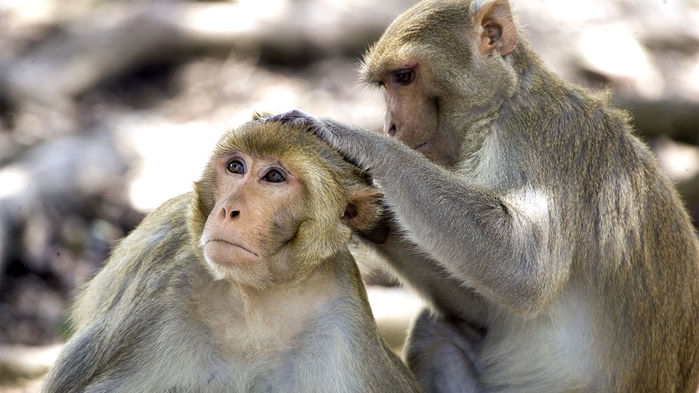
09/03/18 Monkeys reveal new clues toward elusive HIV vaccine and cure
Several AIDS vaccines have had some success in monkey models, which typically use SIV, a simian cousin of HIV that causes AIDS in rhesus macaques. But one vaccine has long stood out from the pack. Designed by Louis Picker and colleagues at Oregon Health & Science University’s Vaccine and Gene Therapy Institute in Beaverton, the vaccine stitches SIV genes into a harmless Trojan horse, cytomegalovirus. Picker’s team has given the vaccine to more than 200 monkeys and then “challenged” them with injections of a particularly nasty strain of SIV. All told, 55% of the animals became temporarily infected and then completely controlled the virus for years or even cleared it. Two stubborn questions remain, however: Picker and co-workers have yet to nail down the immune responses that explain the vaccine’s success, and they also can’t explain why it frequently fails.
http://www.sciencemag.org/news/2018/03/monkeys-reveal-new-clues-toward-elusive-hiv-vaccine-and-cure
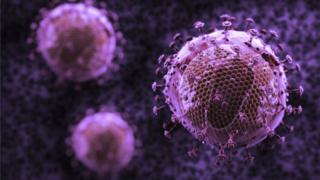
22/09/17 New antibody attacks 99% of HIV strains
Scientists have developed an antibody that attacks 99 per cent of HIV strains. Already tested on monkeys, trials on human beings could begin next year. Up until now, HIV has been difficult to treat because of its ability to mutate and change its appearance. However, the study, published in the journal Science, combines three broadly neutralising antibodies capable of targetting HIV viruses, into an even more powerful "tri-specific antibody" that attacks three key parts of the virus. This molecule is more potent and has greater breadth than any single naturally occurring antibody that's been discovered. This makes it harder for the virus to evade the antibodies. Experiments on 24 monkeys showed none of those given the tri-specific antibody developed an infection when they were later injected with the virus.
http://www.bbc.com/news/health-41351159

14/10/16 Promising HIV therapy
A new therapy for HIV shows promise in monkeys. A combination of drugs was able to protect rhesus macaques for two years from SIV - the monkey (simian) version of HIV. The combination included standard antiretroviral drugs and combined it with an experimental antibody.
http://www.independent.co.uk/news/science/hiv-cure-breakthrough-monkeys-humans-vedolizumab-primate-a7361146.html
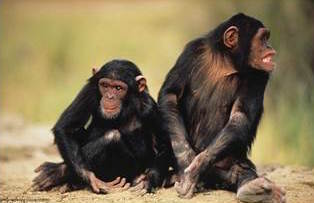
22/07/16 Researchers used mice to show that SIV can transmit from chimps to human cells
Certain strains of the Simian Immunodeficiency Virus (SIV) are able to infect humans. This evidence suggests that the disease which affects chimpanzees may be the original source of HIV in humans. It is believed that humans who ate infected bush meat was the source of the disease. The researchers used humanised mice and found the SIV strains were able to infect them easily.
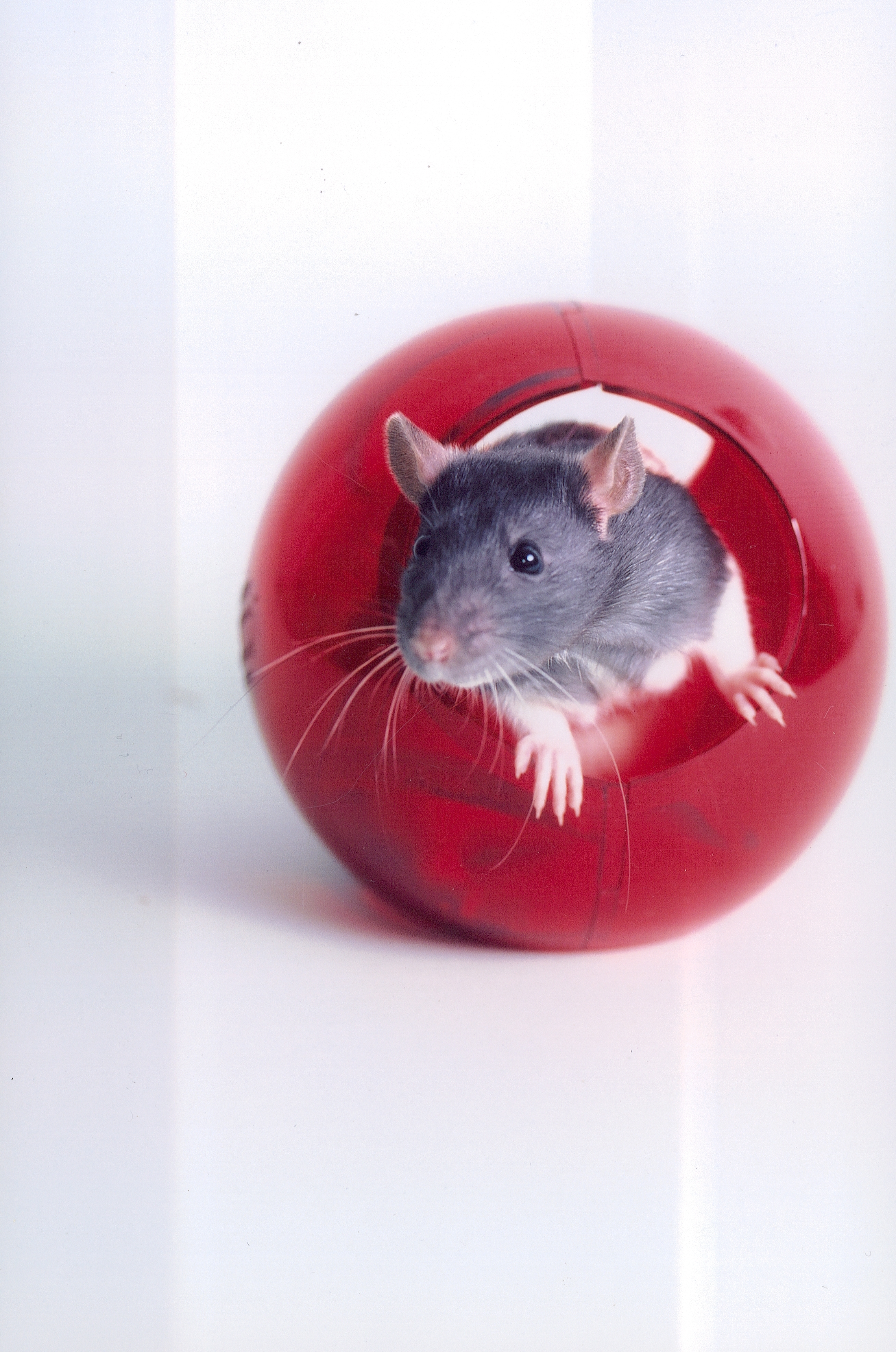
19/05/16 HIV DNA removed from infected rats and mice
Gene-editing technology has allowed scientists to remove HIV DNA from various organs of infected mice and rats. This research could lead to an outright cure. A similar study involving a larger group of animals will be conducted before clinical trials in humans can take place.
http://www.independent.co.uk/news/science/hiv-aids-cure-virus-disease-dna-genes-temple-university-research-gene-editing-a7037571.html

21/03/16 Giving antibodies to infant macaques exposed to HIV-like virus could clear the infection
An infant rhesus macaques treated with antibodies within 24 hours of being exposed to SHIV (simian HIV) was completely cleared of the virus researchers at Oregon National Primate Research Center found. SHIV-infected non-human primates can transmit SHIV to their offspring through milk feeding, just as humans can transmit HIV from mother to child through breastfeeding and during childbirth. In humans, a combination of measures for mothers and infants, including antiretroviral therapy (ART), C-section delivery and formula feeding, have decreased the rate of mother-to-child HIV transmission from 25% to less than 2% since 1994. However, despite this decrease, approximately 200,000 children are infected with HIV each year worldwide, primarily in developing countries where ART is not readily available. Whilst it is recommended to treat human babies with ART during the last month of gestation, the few days after delivery, and during breastfeeding time frames, risks still remain, including toxicities associated with long-term ART use, the development of drug-resistant viral variants, and lack of access to prenatal care prior to delivery. This discovery indicates that using new methods, such as antibodies, to limit infection after exposure in newborns could be advantageous.
http://www.ohsu.edu/xd/about/news_events/news/2016/03-21-giving-antibodies-to-inf.cfm
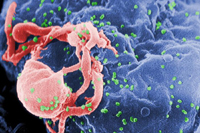
21/01/16 A protein found in primates and humans may stop HIV progression
A protein found in both primates and humans may stop HIV progression and switch on the immune system, according to a new study published January 14 in the journal, Heliyon. TRIM5α from the rhesus macaque (TRIM5αRh) is a restriction factor that shows strong activity against HIV-1
http://www.alnmag.com/news/2016/01/protein-part-treats-hiv-infections-non-human-primates
http://www.heliyon.com/article/e00056/
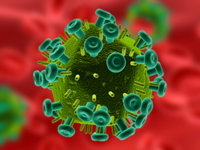
22/10/15 Designer antibodies may rid body of AIDS virus
Anti-HIV drugs halt the symptoms of the disease but have never eliminated completely the virus from anyone. HIV is very good at evading all our defences, by residing in the cells that are looking for it – LT4 white blood cells. Two new studies show that artificial antibodies could ‘redirect’ the immune response to these latently infected cells and help drain those HIV reservoirs in the body. Although these in vitro studies have been successful, work is now underway in monkey models.
http://news.sciencemag.org/biology/2015/10/designer-antibodies-may-rid-body-aids-virus

13/10/15 AIDS pioneer brings AIDS vaccine to clinic
A new AIDS vaccine trial will commence in the USA, developed over 15 years by Robert Gallo, the scientist who discovered the link between HIV and AIDS in 1984. A phase 1 clinical trial is being conducted in 60 volunteers and will test the safety and immune responses of the vaccine, therefore it will take a while before we know if it is more effect than the other 100+ AIDS vaccines that have been trialled over the past 30 years but so far extensive testing in monkeys has proven successful.
http://news.sciencemag.org/health/2015/10/aids-pioneer-finally-brings-aids-vaccine-clinic
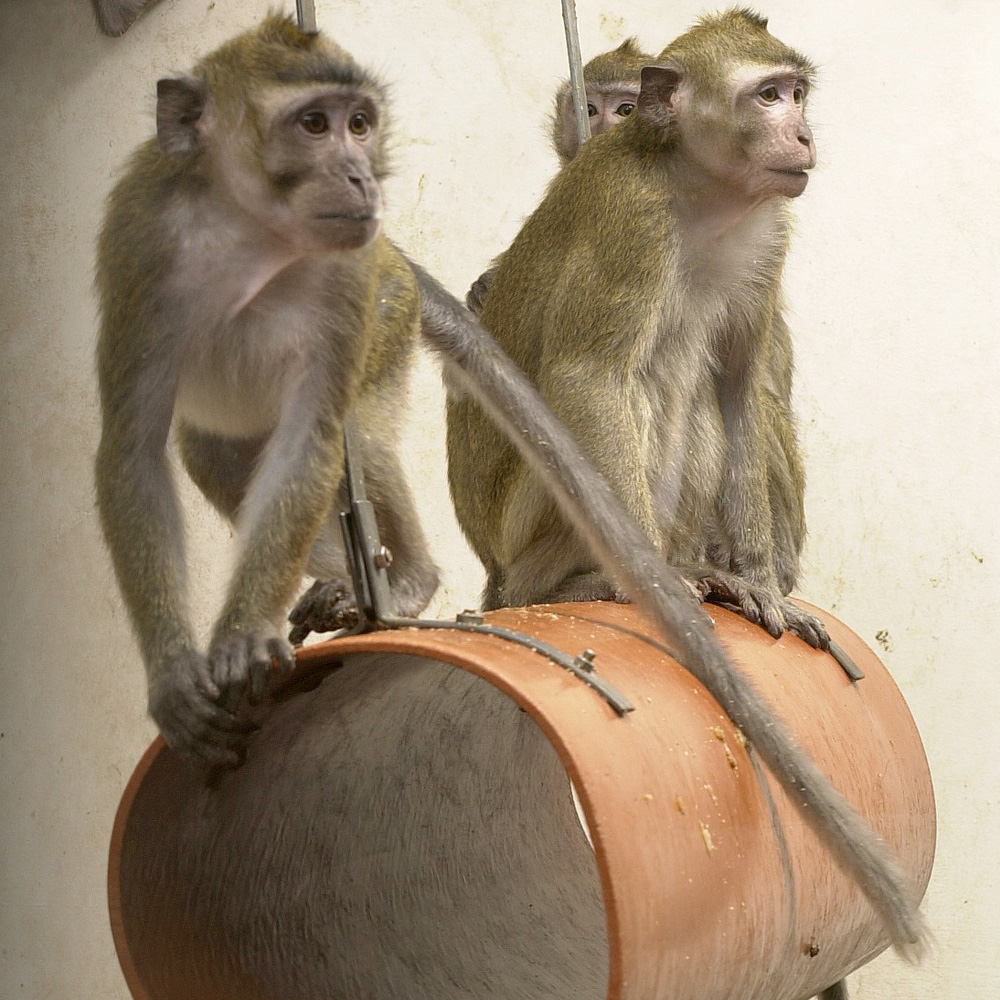
03/07/15 New AIDS vaccine protects 50% of monkeys against SIV
A new AIDS vaccine protects Monkeys against SIV. With a 50% success rate in monkeys with SIV, the vaccine is already being trialled in humans. The researchers hope that the vaccine will work better in humans than in monkeys, given that the monkeys had been given a gigantic dose of SIV, much more than average people get in an average sexual exposure to HIV. HIV vaccines have been proven many times unsuccessful because the virus infects the same cell the body uses to fight against the infection, it changes a lot so becomes hard to recognise and the human body doesn’t seem to create powerful broadly neutralizing antibodies against the virus. This new vaccine uses a common cold virus called adenovirus 26 that activates an immune response. Then a second vaccine is given with bits of HIV attached. The immune system cells will also "see" the attached bit of HIV and, the researchers hope, react against any HIV virus should the vaccinated person ever be exposed.
http://www.nbcnews.com/health/health-news/new-aids-vaccine-protects-monkeys-n385751
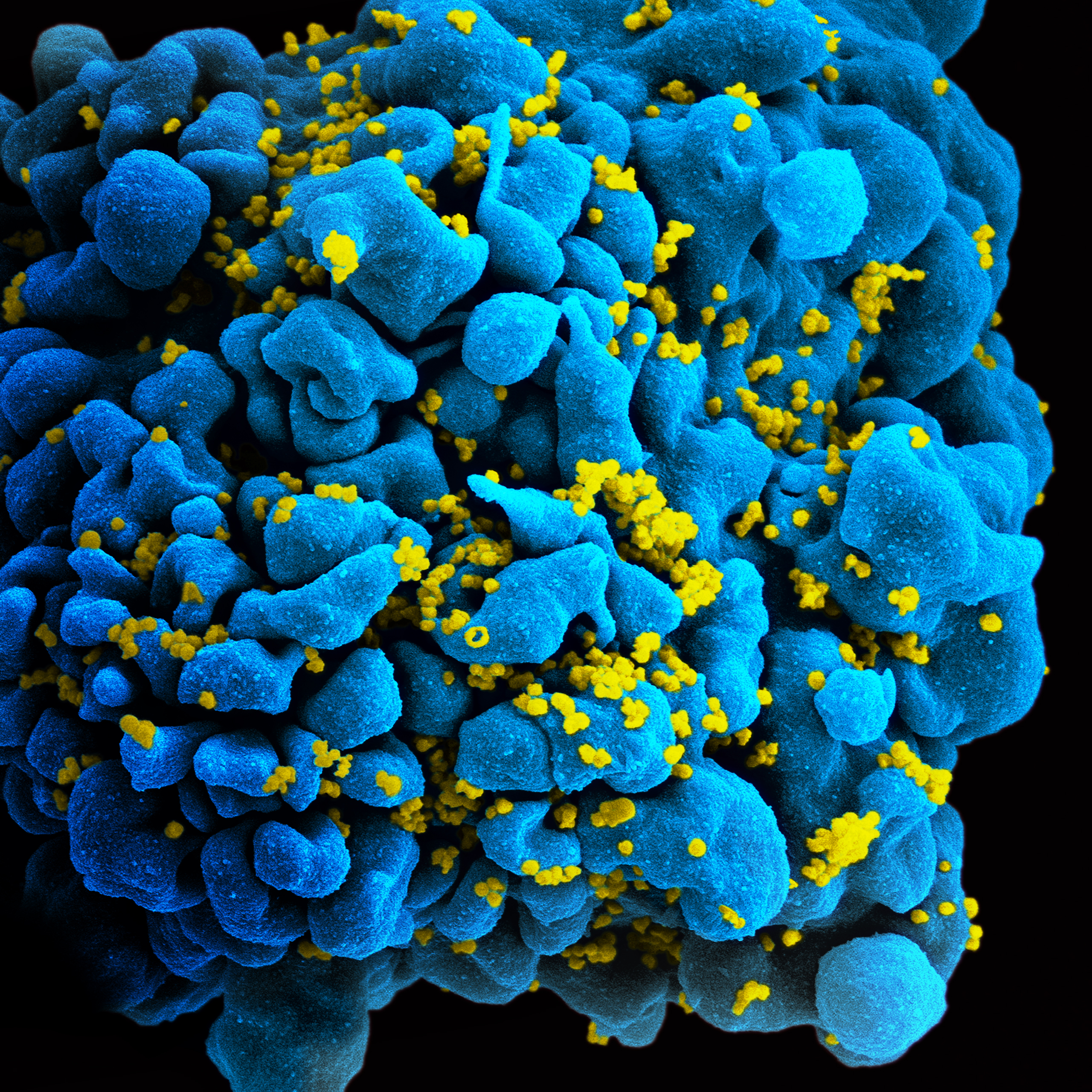
12/03/15 ‘cellular scissors cut out HIV from infected human cells
Scientists found a way to cut out HIV from infected human cells with ‘cellular scissors’. They have been customising a defence system used by bacteria and training this scissor-like machinery to recognise the HIV virus. The method successfully cut HIV’s genes, inactivating the virus. This technique could completely remove HIV from up to 72% of human cells that had been infected with HIV, even in a dormant state.

27/02/15 Llamas are immune to HIV - new hope for a vaccine
Llamas might be the new hope for a new AIDS vaccine or treatment – llamas appear to be immune to HIV. Llama antibodies, which develop in response to the virus potently neutralizes more than 95% of HIV strains. In humans, the antibodies are completely ineffective at halting the virus they have evolved to target. Unlike human antibodies, llama antibodies have a single chain of proteins, which allows them to accurately aim at specific viruses compared to a more scatter-gun approach to the human immune system, attacking all foreign viruses.
http://www.usatoday.com/…/lima-peru-llama-aids-hiv/23884381/

19/02/15 A new gene therapy vaccine seems to completely protect monkeys from HIV
A new approach to vaccination seems to completely protect monkeys from HIV. Vaccines usually prepare the immune system to fight an infection. Instead, scientists have altered the DNA of monkeys to give their cells HIV-fighting properties. This technique uses gene therapy to introduce a new section of DNA – containing the instruction to build tools to neutralize HIV - inside healthy muscle cells. The monkeys who received the injection were protected from all types of HIV for at least 34 weeks. Researchers want to start human trials as fast as possible and they believe that this approach may be useful in people who already have HIV.
http://www.bbc.co.uk/news/health-31511244
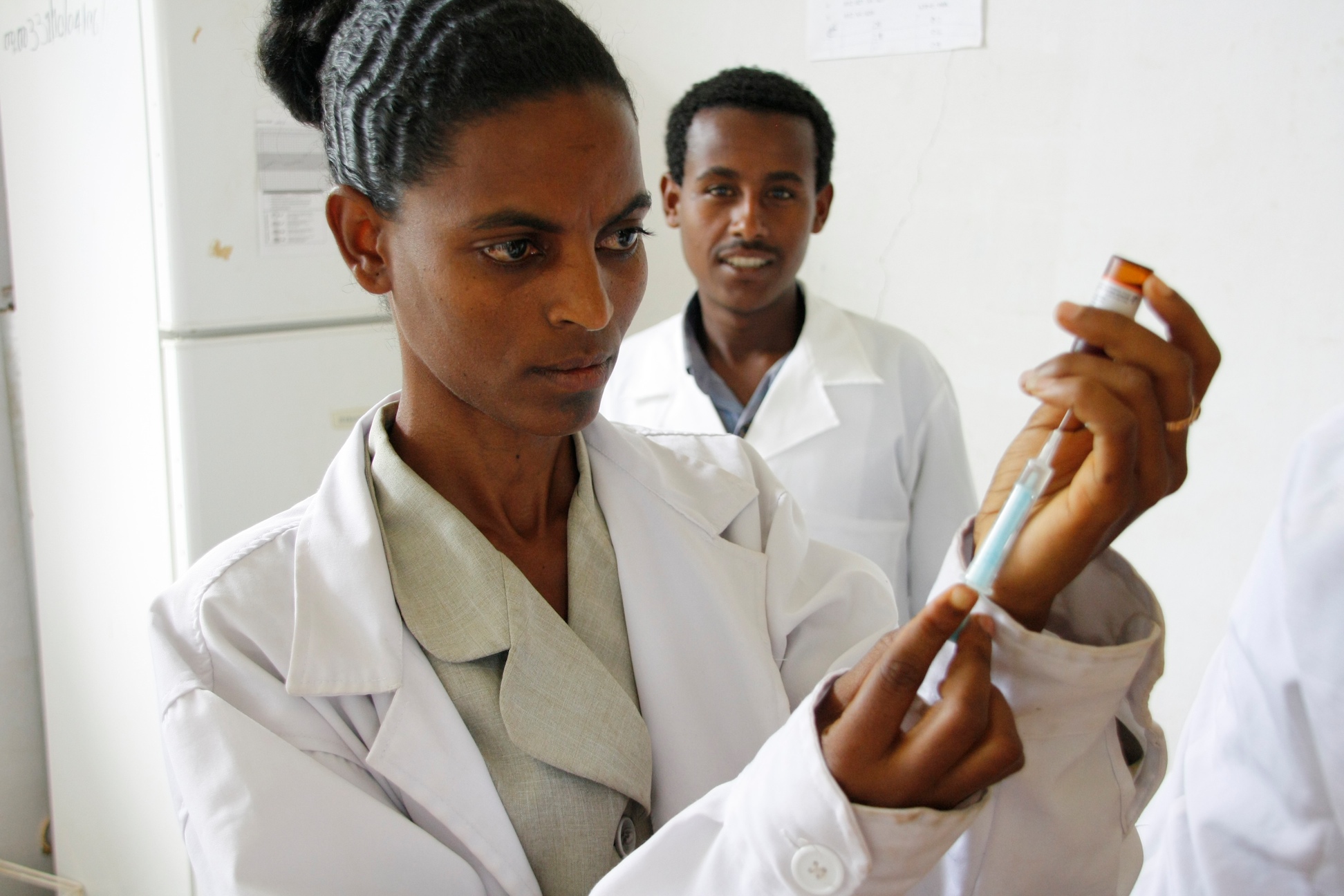
05/02/15 Novel concept for HIV and cancer vaccines - incorporating antigenic diversity
Novel concept for HIV and cancer vaccines – incorporating antigenic diversity into it. Conventional vaccines are based on total antigens, but the high variability of some pathogens allows them to escape recognition by the immune system. The research group proposed that an HIV vaccine should be able to induce both humoral and cellular responses – the main defence mechanisms against pathogens – and that a cancer vaccine should reduce tumour growth and metastasis by the activation of lymphocytes T. Faced with the antigenic diversity and the enormous variability of the pathogens and cancer cells, the researcher suggested the construction of vaccines based on Variable epitope (small fragments of an antigen) libraries. This would induce broadly neutralizing serum in mice against the pathogens and cancer cells. The results of the research group are highly promising as a universal concept for the generation of vaccines against antigenically variable pathogens and cancer.
http://www.alphagalileo.org/ViewItem.aspx?ItemId=149417&CultureCode=en
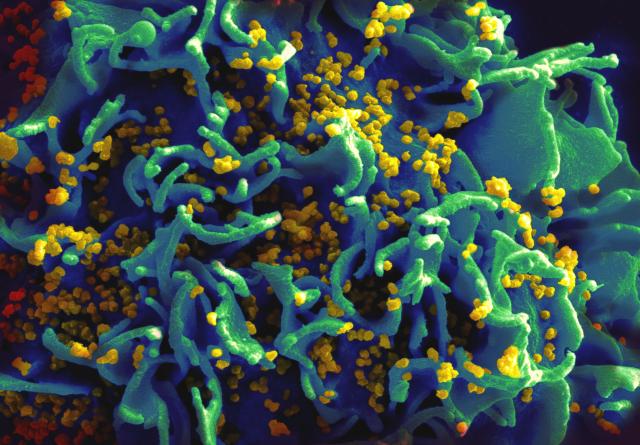
02/12/14 HIV evolving to be milder
A study from the University of Oxford has shown that the HIV virus is evolving into a ‘milder’ form, taking longer to trigger AIDS in patients. Some virologists even suggest that the virus may become almost harmless as it continues to evolve. SIV, the primate version of HIV, is less dangerous for those species than HIV is to us- likely showing this effect in another species:
http://www.bbc.co.uk/news/health-30254697
Last edited: 11 March 2019 14:52
